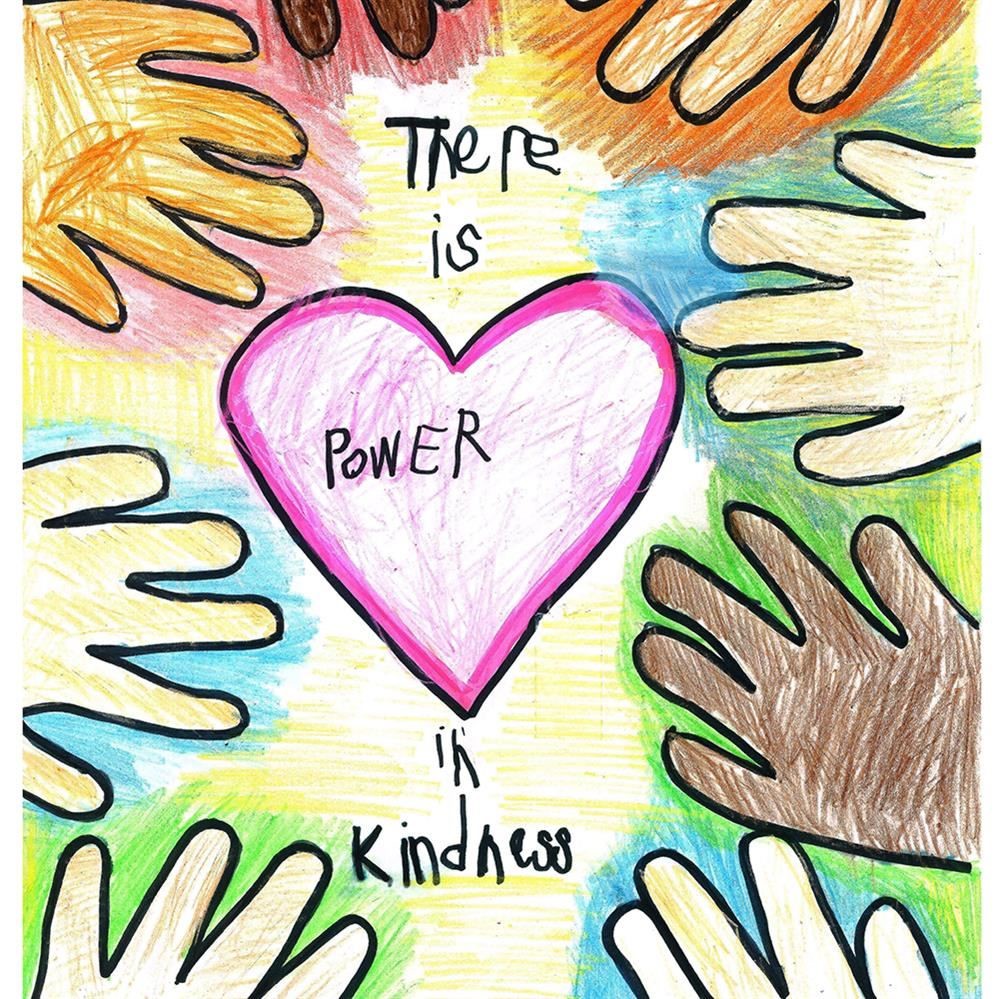National Volunteer Month is observed throughout the United States in April every year. This day treasures the spirit of charity in its entirety. This day is to hero-worship the august volunteers, serving their communities, be it on a small or large scale.
In 1991, President George H. W. Bush introduced his 1000 Points of Light campaign. He intended to encourage active civic engagement and the act of giving out to the community. This initiative for kindness values individual action to bring about social change.
The “Ripple Effect” Concept in the Initiative for Kindness and Volunteering
The “ripple effect” is a metaphor used to describe the voluntary work. It depicts how a single act of kindness stretches to create a massive web of positive change. Thus, each initiative of kindness is like a pebble thrown into a pond whose impact will reach far and wide.
This effect perfectly defines how the initiative for kindness inspires and uplifts entire communities. It shows that everyone has the potential to make a difference, and even small, individual contributions can prompt societal benefits.
The Importance of Volunteering
Statistical Insights into Volunteering
Voluntary acts keep communities around the world strong. In the United States, about 30% of adults volunteer through organizations. This accounts for nearly 6 billion hours of service annually.
Globally, the statistics reflect similar enthusiasm, with millions of individuals engaging in volunteer activities across diverse cultures and nations. These initiative for kindness address critical social issues while also representing a generous economic contribution.
How Volunteering Benefits Both the Giver and the Receiver
Essentially, volunteering is a mutually beneficial act. For recipients, the benefits are direct since they get access to resources they might otherwise lack. For volunteers, the advantages can be transformative.
Engaging in volunteer acts strengthens your sense of purpose for a cause. Studies prove that volunteering reduces depression and increases life satisfaction simultaneously. So, the associated psychological benefits cannot be refuted.
The Role of Volunteering in Building Community Ties and Fostering Social Cohesion
You basically build community ties through voluntary acts. It brings together people from diverse backgrounds as a single unit. Individuals and groups enjoy this sense of solidarity for a collectively brighter future.
These acts of kindness and unity bring communities closer, creating networks of cooperation that endure beyond individual projects.
Moreover, volunteering practice promotes social cohesion by instilling civic responsibility and empathy. This provides opportunities for individuals to make a direct impact on their local environments. Through these collective efforts, communities become more resilient to handle challenges in life.
Stories of Impact: The Ripple Effect in Action
One convincing example of the ripple effect of kindness is the story of a community garden. A small group of volunteers initiated this project in a neglected neighborhood. It began as a simple effort to beautify a small plot of land. Through the volunteers’ initiative of kindness, it soon flourished. Residents not only cultivated fruits and vegetables but also formed strong bonds.
This garden paved the way for further community projects, such as educational programs and local markets. Therefore, a simple act of planting seeds grew into a sustainable community initiative.
Highlight Transformative Volunteer Projects and Their Long-term Effects on Communities
Let us have a look at another influential story of volunteering practice. It is about a tutoring program in an underprivileged society.
Volunteers dedicated a few hours each week to help students with reading and numbers. Over the years, the program improved the academic performance of countless students. Ultimately, the graduation rates increased.
The program expanded and evolved into a properly running school. Thus, consistent volunteer involvement altered the future prospects for entire communities.
How to Get Involved
- Assess Your Interests and Skills: Start by considering what you are passionate about and which skills you can put to use to serve your fellow beings. No matter if it is teaching or mere gardening, each initiative of kindness has a long way to go. One must serve it to the memory.
- Research Opportunities: Be on the hunt for volunteer opportunities that match your interests. Local community centres and religious organizations often cast about for people willing to do voluntary work.
- Attend Information Sessions: Many organizations hold orientation sessions for potential volunteers. These sessions are invaluable for understanding the organization’s mission, volunteer roles, and expectations.
- Start Small: If you’re new to volunteering practice, begin with short-term assignments or events. This can give you a sense of how different organizations operate and what type of volunteering suits you best.
- Commit When Ready: Once you find a good fit, commit to a regular volunteering practice Consistency is beneficial both for the organization and for your own personal and professional growth.
Resources for Finding Volunteer Opportunities (Local and Online Platforms)
- Local Resources: Community boards, local non-profit organizations, libraries, and places of worship often have information on nearby volunteer opportunities.
- Online Platforms: Websites like VolunteerMatch, Idealist, and All for Good are excellent resources for finding volunteer opportunities tailored to your interests and location. Additionally, platforms like Catchafire enable virtual volunteering, which is ideal for those with specific professional skills.
- Social Media: Many organizations post volunteer needs on their social media pages. Follow local non-profits on social media platforms like Facebook or Twitter to remain updated on any volunteer work.
Tips for Encouraging Others to Volunteer, Including Family and Friends
- One of the best ways to encourage others is to be an active volunteer yourself. Share the inspiring experiences of your volunteer work.
- Plan a group activity to make volunteer work more fun. It can be especially engaging to organize events for your people.
- Explain the personal and professional benefits of volunteering practice, such as learning new skills to make a tangible difference in the community.
- Combine volunteering practice with social elements, such as going out for a meal after a volunteer session.
- Recognize and celebrate the efforts of those who volunteer through social media shout-outs, thank-you notes, or small celebration events. Recognition does it all.
Volunteer with GLOH
The concept of the national volunteer month evinces how individual acts of generosity are not bound by any limitations. It reaches far beyond for you to behold. Rather, it influences entire communities and society at large. Each act of kindness, no matter how small, initiates a chain reaction of goodwill. It reinforces the interconnectedness of our actions and their broader impact on the world.
As we embrace the ripple effect of kindness, we contribute to a more empathetic world. Let us participate in GLOH’s initiatives to eradicate poverty and promote hope not just in Chicago but across diverse cultures and regions. And watch as these ripples become waves of positive change.


